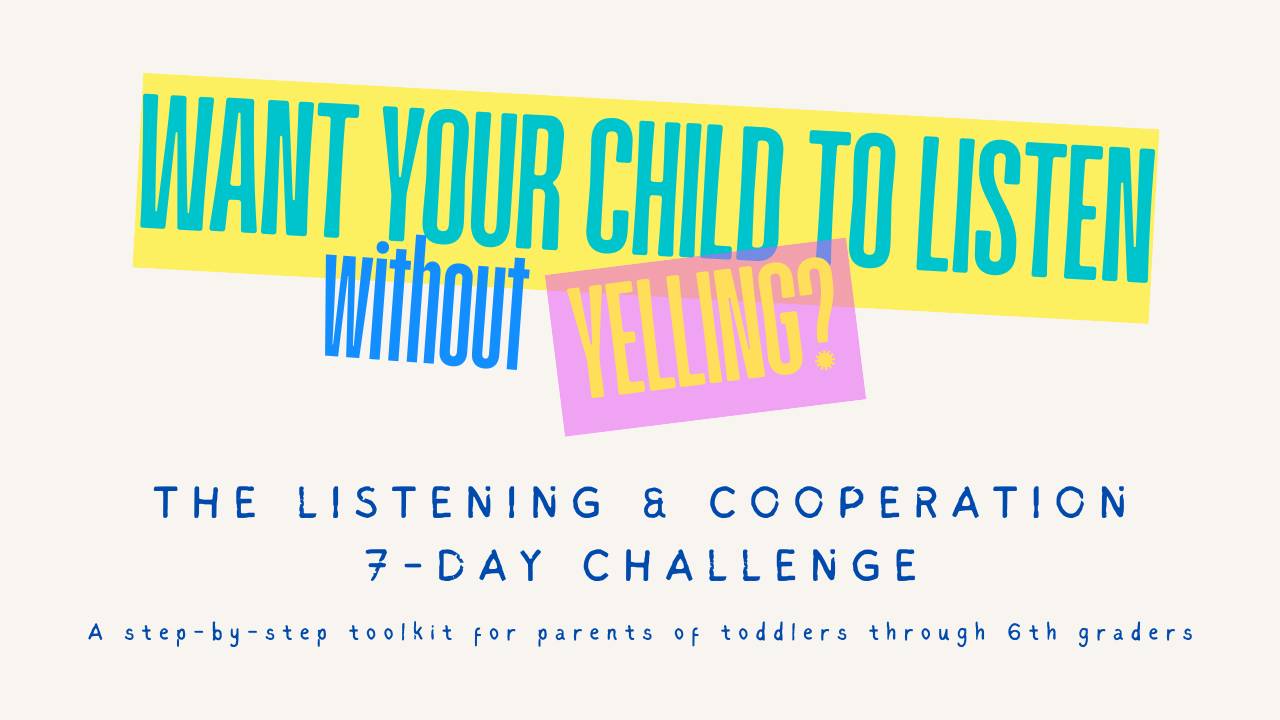How To Teach Your Child To Play Independently
Aug 20, 2024
If you’re a parent, you know that fostering independence in play can be tough. Your child loves to spend time with you. And while you love spending time with them, sometimes you just need a few minutes to yourself to get dressed, make dinner, or finish a quick work task. If you’ve been struggling to teach your child to play independently, worry not, we’re here to help! With the right strategies and consistent implementation, you can help your child develop essential skills for playing independently. Applied Behavior Analysis (ABA) offers effective techniques that you can easily integrate into your daily routine to encourage independent play. Let’s explore some ABA strategies, so that you can see quick results in your child's ability to engage in independent play.
Create a Structured Environment
Establishing a structured environment can provide predictability for your child, which is often comforting for those on the autism spectrum. Organize toys and play areas in a clear, visually appealing manner to facilitate independent play.
Does your child have difficulty transitioning from one activity to another, leading to meltdowns?
Use visual schedules or timers to signal transitions between activities, gradually increasing the duration of independent play sessions.
Does your child experience overstimulation from cluttered or chaotic play spaces, resulting in avoidance of play?
Simplify the play environment by rotating toys regularly and reducing visual clutter. Introduce one toy at a time to encourage focused engagement.
Use Visual Supports
Visual supports, such as picture schedules or visual timers, can enhance communication and understanding for children with autism, promoting independence in play.
Does your child have difficulty understanding verbal instructions or prompts, leading to frustration?
Supplement verbal instructions with visual cues, such as pointing to pictures on a schedule or using picture cards to illustrate play activities.
Does your child have a limited attention span, making it challenging to sustain engagement in play?
Break down play activities into smaller, manageable steps, visually represented on a task board. Gradually increase the complexity and duration of play tasks as your child progresses.
Implement Reinforcement Strategies
Positive reinforcement is a powerful tool in ABA therapy, motivating desired behaviors by offering rewards or incentives. Use reinforcement strategies to encourage independent play skills.
Is your child reluctant to initiate play independently, preferring adult interaction or electronic devices?
Offer praise, tangible rewards, or access to preferred activities following periods of successful independent play. Gradually fade out external rewards as your child becomes more proficient in independent play.
Is your child resistant to engaging in solitary play, seeking constant interaction or assistance?
Use a token economy system, where your child earns tokens or stickers for engaging in independent play. Exchange tokens for a preferred activity or special privilege to reinforce independent play behavior.
Foster Social Skills Through Parallel Play
Parallel play involves children playing alongside each other without direct interaction. Encourage parallel play opportunities to promote social skills while still respecting your child's need for independence.
Does your child have difficulty initiating or maintaining social interactions during play?
Facilitate parallel playdates with peers who engage in similar play activities, providing opportunities for social observation and interaction at your child's comfort level.
Does your child have limited interest in cooperative play, preferring solitary activities?
Model appropriate social behaviors during parallel play sessions, such as taking turns or sharing toys. Reinforce positive social interactions with praise and encouragement.
By implementing these ABA strategies consistently and with patience, you can support your child's journey toward independent play. Remember that every child is unique, so it's essential to tailor these strategies to suit your child's individual needs and preferences. Celebrate small victories along the way, and don't hesitate to seek guidance from your BCBA for additional support and expertise. With your dedication and the right tools, you can empower your child to explore the world of play with confidence and independence.
UNLOCK YOUR FREE TOOLKIT NOW: ENHANCE YOUR CHILD'S PLAY & LANGUAGE SKILLS TODAY!
Simply enter your email address to get instant access.


